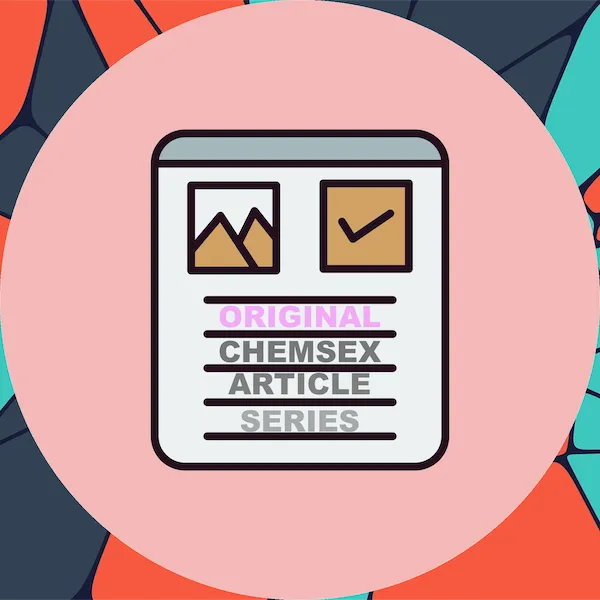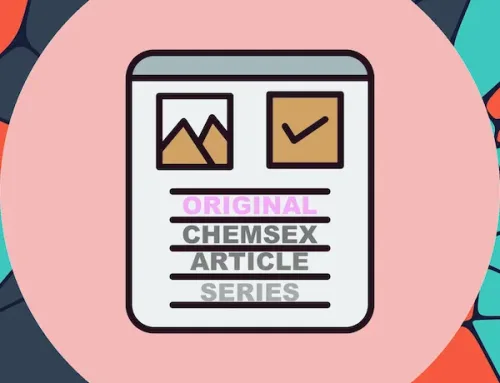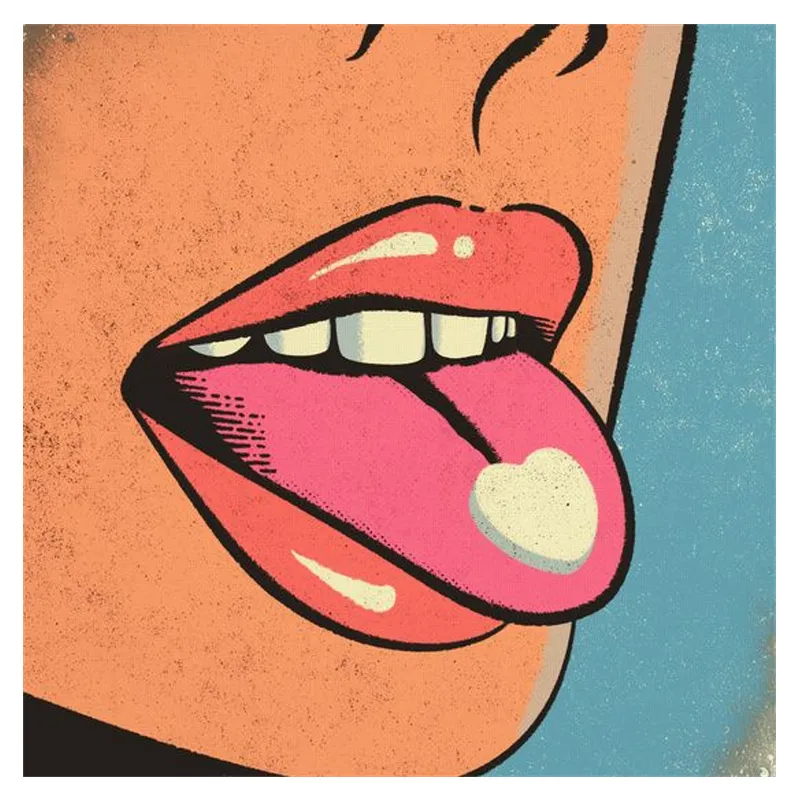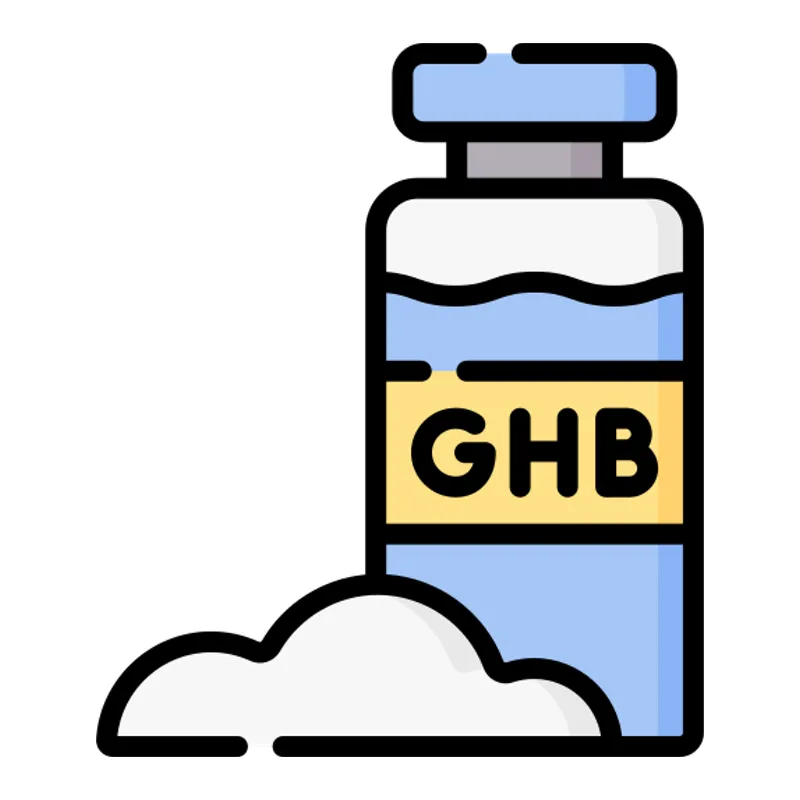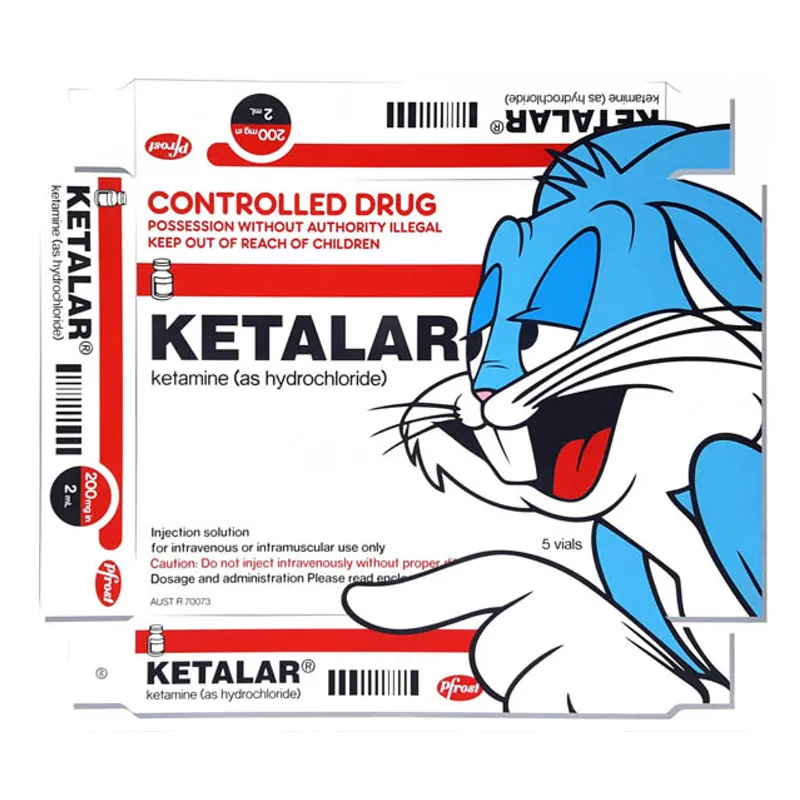Chemsex and therapy
Chemsex, also known as party and play, is a phenomenon that occurs when people mix substances like drugs and alcohol with sex. It is commonly used among homosexual and bisexual men, although it is becoming increasingly popular among heterosexual populations as well. Chemsex participants often use drugs such as GHB (gamma-hydroxybutyric acid), GBL (gamma-butyrolactone), mephedrone, and crystal methamphetamine, to heighten their sexual pleasure and reduce inhibitions. While chemsex can be a pleasurable experience for many, it can also be associated with a range of physical, psychological, and social harms.
In response to the increasing prevalence of chemsex, various psychotherapy interventions have emerged to help tackle the harms associated with it. For example, cognitive behavioural therapy (CBT) and motivational interviewing (MI) are two forms of therapy commonly used to help people manage their chemsex use. CBT helps to identify and challenge unhelpful thoughts and behaviours, while MI encourages people to explore their values, needs, and goals, so they can develop more effective ways of dealing with their chemsex use.
Other forms of therapy, such as dialectical behaviour therapy (DBT), mindfulness-based therapies, and trauma-focused therapies, have also been used to address the underlying psychological issues that may be contributing to chemsex use. These therapies can help people develop healthier coping strategies, increase self-awareness, and provide them with the skills they need to effectively manage their thoughts, emotions, and behaviours.
Overall, psychotherapy interventions can be an effective way to help people reduce their risk of harm associated with chemsex. It can also provide them with the tools and support they need to make healthier choices and lead more fulfilling lives.
Meta
